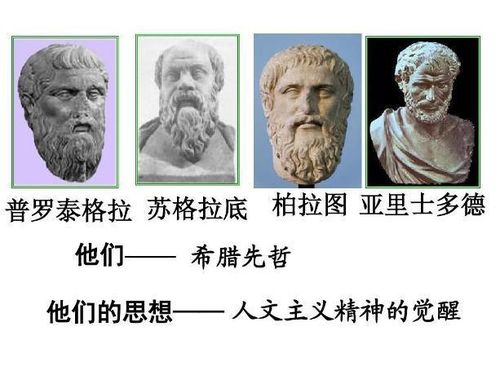古英语时期的英国文学
Exploring Literature in the Old English Period
During the Old English period, spanning roughly from the mid5th century to the mid11th century, literature flourished in what is now known as England. This era, also referred to as the AngloSaxon period, witnessed the emergence of remarkable literary works primarily composed in Old English, a Germanic language spoken by the AngloSaxon settlers.
Characteristics of Old English Literature:

1.
Oral Tradition
: Literature during this period was predominantly oral, passed down through generations by word of mouth. Poetry, in particular, was highly valued, and bards or scopas (poetsingers) played a crucial role in preserving and disseminating tales and songs.2.
Heroic Themes
: Many Old English literary works centered around heroic deeds, battles, and the virtues of loyalty, bravery, and honor. These often featured legendary figures such as Beowulf, a quintessential hero of Old English literature, who battled monsters and dragons.3.
Religious Influence
: Christianity began to take root in England during this period, and religious themes permeated much of the literature. Works like "The Dream of the Rood" and the poetry of Caedmon reflect Christian beliefs and values.4.
Alliteration and Kennings
: Old English poetry employed sophisticated literary devices such as alliteration (repetition of initial consonant sounds) and kennings (compound metaphors), which added richness and complexity to the language.5.
Manuscript Culture
: The preservation of Old English literature relied heavily on manuscripts, often produced by monastic scribes. These manuscripts, such as the "Exeter Book" and the "Nowell Codex," contain a wealth of poetic and prose works from the period.Major Works of Old English Literature:
1.
Beowulf
: Perhaps the most famous work of Old English literature, "Beowulf" is an epic poem that follows the exploits of its eponymous hero as he battles monsters like Grendel, Grendel's mother, and a dragon. It offers insights into the values and ideals of the AngloSaxon society.2.
The Exeter Book
: This anthology contains a diverse collection of poems, including religious verse, elegies, riddles, and wisdom literature. Notable works include "The Wanderer," "The Seafarer," and "Wulf and Eadwacer."3.
The Junius Manuscript
: Another important manuscript, the Junius Manuscript, preserves several Old English poetic works, including "Genesis," "Exodus," and "Daniel." These poems often retell biblical stories with a distinct AngloSaxon flavor.4.
The Vercelli Book
: This manuscript, discovered in Vercelli, Italy, contains a mixture of religious and secular works, including the aforementioned "The Dream of the Rood" and a set of homilies.Legacy and Influence:
Despite the challenges of time and language change, Old English literature continues to captivate scholars and readers alike. Its influence can be seen in later literary works, and its themes and motifs have left an indelible mark on English literature as a whole.
Studying Old English literature not only provides insights into the cultural and historical context of the AngloSaxon period but also fosters an appreciation for the richness and diversity of the English language.
In conclusion, the literature of the Old English period, characterized by its oral tradition, heroic themes, religious influence, and sophisticated literary techniques, remains a testament to the creativity and resilience of the AngloSaxon people. Through works like "Beowulf," "The Exeter Book," and others, this period continues to inspire and intrigue readers centuries later.











